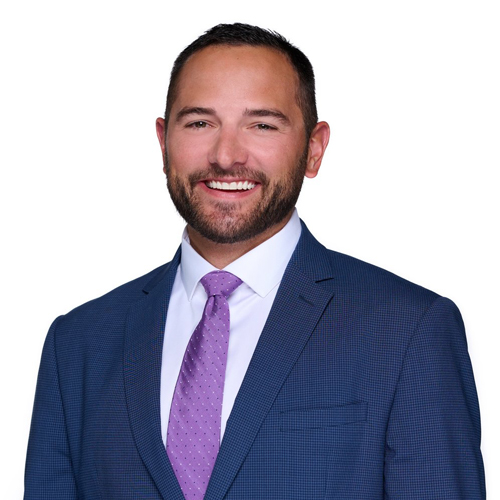Transcript:
The Evolution of Retirement Planning in America: Pension plans were one of the legs of the three-legged retirement stool for most Americans. That retirement stool lasted well into the ’90s. A third of their income came from their pension, a third of their income came from Social Security, and a third was from savings. So, 66% of most Americans’ income was guaranteed. Since the 1980s, participation in pension plans has dramatically declined thanks to the popular 401k and corporate America’s move away from pensions and the liability that they created on the balance sheet. Now, this makes retirement more heavily reliant upon employees and not the employer, which can be a really good thing or a really bad thing depending on the individual. But luckily, not all pensions have been retired.
Hi, I’m Ken Hargreaves, a financial advisor for WealthGen Advisors. I have a master’s degree in financial planning and I’m a certified financial planner. If you’re a small business owner, you may want to stick around because today I’m going to highlight the defined benefit pension plan, its features, potential pitfalls for you to consider, and if this is an option for you to be looking at.
So let’s start with the basics. Most people have heard of a 401k. A 401k is a defined contribution plan where the employee controls how much is contributed or how much money goes in. So, a defined benefit plan is like a pension and it provides stable defined income in retirement. The idea is through an actuary they calculate how much a business owner can contribute each year. Now, the actuary will take into account different variables such as your age, your income, and a defined rate of return to generate a hypothetical estimate of your payout at retirement.
The original concept in such a plan was to help high-income earners catch up on their retirement savings at the tail end of their career by saving a lot of their income into a retirement bucket. Now, this type of plan carries high contribution limits versus other small business plans. For example, in 2024, a business owner can contribute up to $275,000 per year. That’s more than a 401k or a SEP IRA. These types of plans are great for service professionals that have high income and may want to max out their retirement benefits and save more money in taxes. Professionals like doctors, offices, law offices, or real estate agents or consultants tend to favor these types of plans. The other great benefit of a defined benefit plan is that you can layer it on top of your 401k plan, really supercharging your retirement savings.
Now, there are some major restrictions and downsides of owning a defined benefit plan. Mainly, there’s typically a low target return for assets in the plan. The plan can be overfunded or underfunded depending on how the investments perform, which could create challenges to the business owner with regards to needing to contribute more or less in any given year. That could throw off your long-term planning and cash flow. In addition, it would require administrative costs to help calculate contribution amounts to make sure the plan is compliant each and every year. Finally, analyzing the cost of employee participation could really tip the balance of whether or not this plan makes sense for you. However, many small business owners absolutely love this type of plan and believe the challenges justify the rewards. So, I encourage you to learn more about what makes sense for you by scheduling an appointment with your tax professional and your Certified Financial Planner to analyze your specific situation. Thank you so much, and as always, best wishes to you and your small business.






